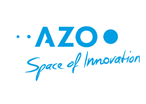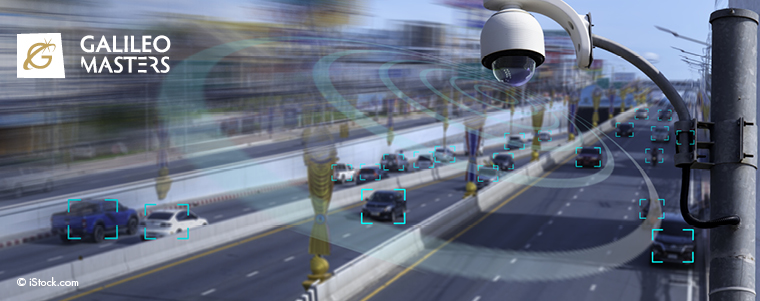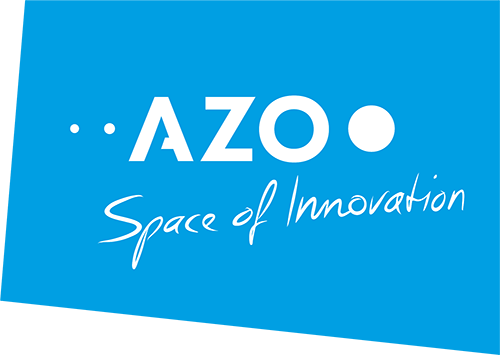According to the WHO[1], one person dies in a road accident every 24 seconds.
Many of those lives could be saved and the severity of injuries reduced if a crash victim receives medical care as soon as possible, particularly within the first hour following a crash. Patients have a better chance of survival if transported to a hospital during this so-called “golden hour”.
However, road accidents do not only impact the individuals involved. They also affect families, communities and society at large, while the associated costs far exceed the damage incurred during the accident. Road injury was ranked at position 9 of “Leading Causes of Death” in 2015 by the World Health Organization (WHO) and is likely to become the fifth most common cause by 2030.
PODIS (POst DIstress Signal), the winner of the Galileo Prize Greece 2019 and the winner of the Galileo Masters class “Startup of the Year”, aims to solve this issue with its innovative solution.
Monika Hofstätter (MH) interviews Andreas Alamanos, Director of PODIS Ltd.
MH: Please give us a sneak peek of your product and the team behind it.
Andreas Alamanos: Automatic crash notification systems (ACN) can reduce the number of deaths and long-term damage by decreasing the time it takes for emergency medical services to arrive at a crash scene. They sense a vehicle’s crash and send an instant notification with critical information to the emergency services.
The best-known ACN system in the EU, eCall, is only mandatory for all cars that have been newly homologated and sold in the EU since 31st March 2018. However, it will take decades until the complete European car fleet is fully equipped with eCall.
Based on the patented PODIS technology, we have developed a disruptive mass market retrofit ACN solution, also exploitable as a white-label product. With PODIS, insurers and other mass-market participants can offer their customers a highly reliable system comparable to eCall at a very low cost. The unique characteristic of PODIS system is that it is free of false alarms.
The core team of PODIS consists of five experts and has been developing the system since 2015. We have previous co-working experience in major R&D projects.
MH: Can you explain the three main ingredients of your recipe for success?
Andreas Alamanos: We started from a patented technology that was developed further by a small team of experts in the fields of signal processing, IoT client development, big data processing, cloud architecture, and data protection law.
After the development phase, extensive pilot and field test projects were carried out with real clients and end-users participating for a period of three years before finally releasing the product onto the market.
MH: What did you expect from winning the class “Startup of the Year” and how do you think the initiative and its network will help you to kick-start your business case?
Andreas Alamanos: Creating visibility and awareness is critical for successfully entering the global market. The Galileo Masters “Startup of the Year” award, on top of all the important international awards already granted, will increase awareness of PODIS among investors and potential clients.
The Galileo Masters award also functions as proof of the evaluation of PODIS by an international panel of experts. Therefore, this award adds extra value to the product for potential customers and investors.
MH: How and when did the idea for PODIS emerge?
Andreas Alamanos: The European Commission first presented eCall in 1999 and the European Parliament voted in favour of the eCall regulation on 28th April 2015.
The eCall initiative aims to deploy an ACN client device installed in all vehicles but it will take around 30 years until the complete European car fleet is fully equipped with eCall, creating room for retrofit systems to fill the gap.
Most retrofit hardware systems have a high false alarm rate, which leads to low adaption rates and high costs. For example, potholes and kerbs can lead to significant levels of false alerts, particularly in vehicles with a worn or modified suspension. These false positive alarms represent a major obstacle to the emergency services operations, and it was what inspired us to develop the PODIS system.
Due to its patented technology, PODIS is the only eCall retrofit ACN system in the world transmitting verified alarm notifications only.
MH: What were your main reasons to participate in the Galileo Masters?
Andreas Alamanos: The Galileo Masters gave PODIS international visibility, especially in Europe, and has a great network within the European downstream industry.
MH: Let’s reach for the stars – what is going to happen in PODIS’ future?
Andreas Alamanos: The potential end-users of PODIS are global vehicle fleets that are not equipped with eCall or other ACN systems.
PODIS is the only system on the market that uses a specialised signal processing algorithm (USPTO patent No. 9,758,120) to filter out false positive alarms. This unique advantage over other systems and the high numbers of unequipped vehicles demonstrates the high importance of our solution.
We plan to start global marketing within 2020 after finishing the development and testing of the OBD2 client and aim at generating a huge number of customers in the next few years.
Did you enjoy this interview with an outstanding startup? Anyone interested can get into contact with Andreas Alamanos https://www.linkedin.com/company/podis-ltd/via andreas.alamanos@gmail.com. Stay tuned for upcoming interviews with Galileo Masters startups on our AZO Blog.
[1] https://www.who.int/health-topics/road-safety





Comments are closed.